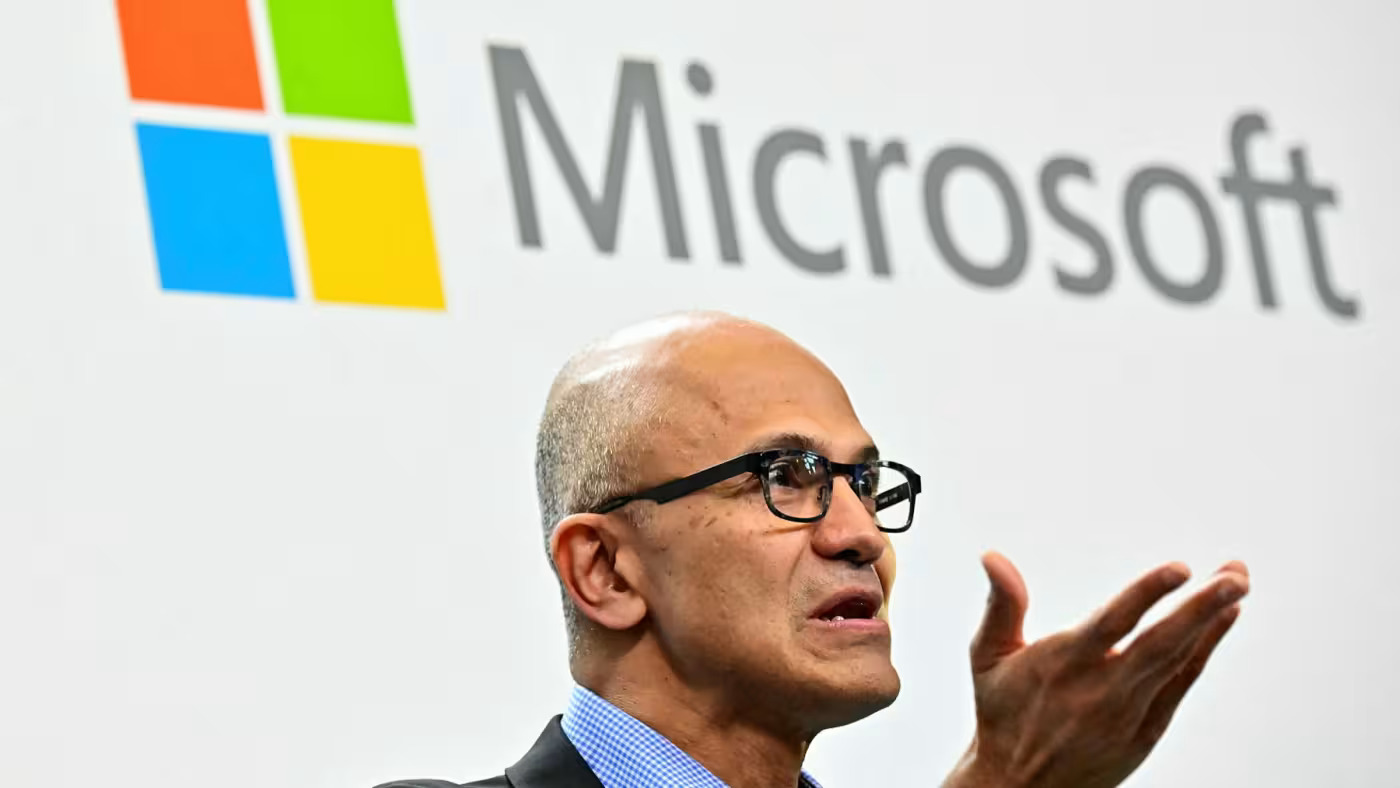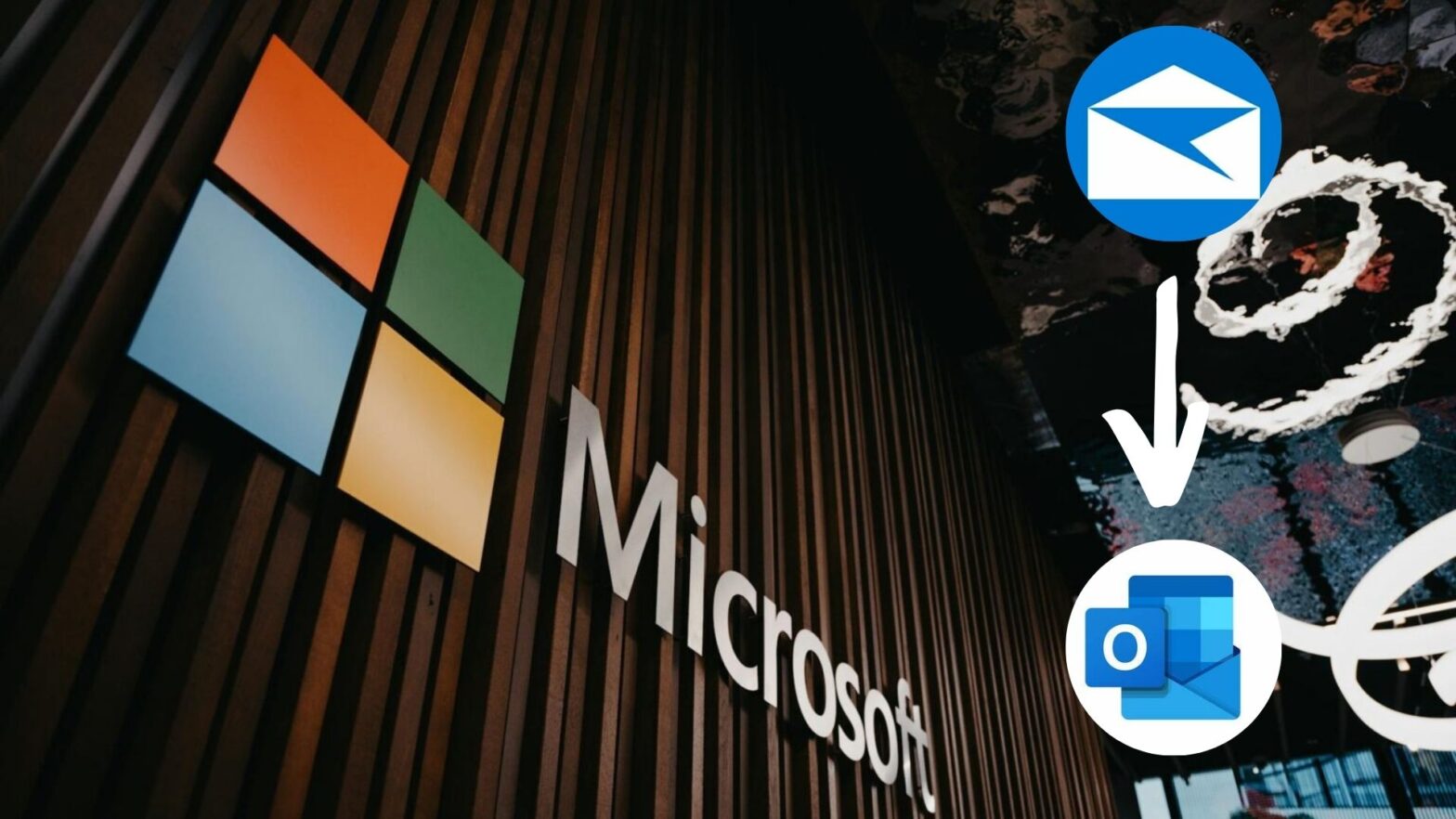Microsoft has announced that, effective December 31, 2024, its Mail and Calendar apps will no longer function, forcing users to transition to the cloud-based Outlook app. This decision, part of Microsoft’s broader strategy to consolidate services under one unified platform, has sparked concern among users who have relied on the older apps for years.
After the cut-off date, the Mail and Calendar apps will enter a “read-only” mode, allowing access to old emails and calendar events but preventing new messages or appointments. Microsoft is urging users to migrate to Outlook, which promises improved features and better security. However, the move has faced backlash from users who question the necessity of the change.

Microsoft’s reasoning is to provide a unified experience by replacing older apps with Outlook, integrating email, calendar, and contacts into one platform. The web-based version of Outlook offers enhanced security features, AI-powered assistance, and better integration with Microsoft 365 applications like Word and Excel. According to a report from Yahoo, this consolidation could lead to a more efficient user experience, especially for businesses already entrenched in Microsoft’s ecosystem.
Despite these benefits, the shift to a cloud-based service has drawn criticism. Longtime users of the Mail and Calendar apps, who value offline access and simplicity, are unhappy with the transition. Many feel that Microsoft’s push to adopt Outlook has been abrupt, with pop-up reminders and minimal support for users making the switch. Although Microsoft promises tools for migrating data, such as exporting contacts and emails, many remain skeptical about the process and potential disruptions to productivity.

From a security standpoint, Microsoft argues that Outlook offers better protection against phishing and cyberattacks, with regular updates and cloud-based security measures. However, the move to cloud services leaves some users concerned about the loss of offline functionality, which has been a key feature of the Mail and Calendar apps for years.
The transition is also fueling competition with alternative email clients, such as Mozilla Thunderbird. Some users, unhappy with the forced switch to Outlook, have already migrated to open-source options, further fragmenting the market.
As the deadline approaches, Microsoft faces the challenge of ensuring a smooth transition for its users while promoting its cloud-first strategy. The end of the Mail and Calendar era marks a significant shift, and the success of Outlook’s adoption will be pivotal for both Microsoft and its user base.















